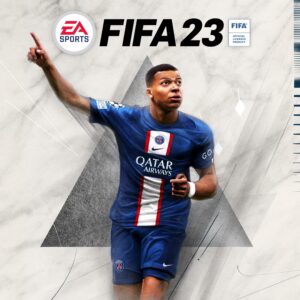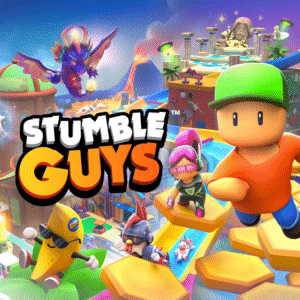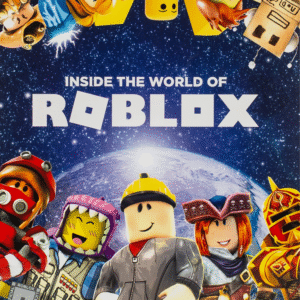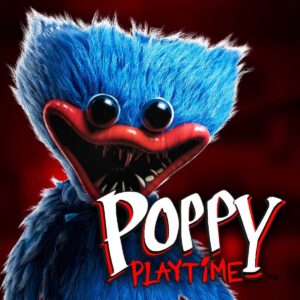MTG’s Spider-Man Survey: Is Wizards of the Coast Blaming Content Creators for Set Backlash?
Popular Now
 FIFA 23
FIFA 23
 Genshin Impact
Genshin Impact
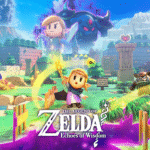 The Legend of Zelda
The Legend of Zelda
 Free Fire Max
Free Fire Max
 League of Legends
League of Legends
 Poppy Playtime
Poppy Playtime
 Call of Duty
Call of Duty
 R.E.P.O
R.E.P.O
 PUBG Mobile
PUBG Mobile
 Toca Boca World
Toca Boca World

Wizards of the Coast (WotC), the publisher of Magic: The Gathering (MTG), has initiated a player survey to gather feedback on the controversial Universes Beyond: Marvel’s Spider-Man set. While standard practice for post-release evaluation, one specific question has ignited a new wave of community backlash, with many—including top-tier players and content creators—accusing the company of deflecting responsibility for the set’s poor reception.
The catch is a highly contentious question within the survey that focuses on the role of community commentary. It asks:
“To what degree did negative influencer commentary impact your perceptions of Magic: The Gathering | Marvel’s Spider-Man before the set released?”
This question, paired with a prompt asking participants to name the streamers and content creators they watch, has been widely criticized as an attempt by WotC to pin the blame for the set’s commercial or critical failure on negative “influencer commentary” rather than on the product’s design, complexity, or value proposition.
 The Core of the Controversy
The Core of the Controversy
The Spider-Man set—part of the increasingly scrutinized Universes Beyond line of crossover products—has been a lightning rod for criticism since its announcement. Players’ main complaints included:
- Perceived Low Quality: Many critics and players felt the set was rushed, citing simplistic mechanics, a lack of card uniqueness (with many cards essentially being variants of Spider-Man), and a general sense of being “lazy and uninspired.”
- Poor Limited Format: The set’s draft environment, a crucial part of MTG’s ecosystem, was widely deemed abysmal and un-fun to play.
- The Universes Beyond Fatigue: The set’s release, shortly after the highly successful, but also divisive, Final Fantasy set, fueled the ongoing debate about the rapid influx of external IPs eroding MTG’s core fantasy identity.
- The “Cash Grab” Sentiment: With a higher price point and a perceived lower quality than other recent sets, many saw the product purely as an attempt to leverage the Marvel IP for short-term profit.
The inclusion of the influencer question, therefore, felt like an egregious example of corporate scapegoating to a community already feeling ignored about its concerns regarding the game’s direction.
 Wizards’ Response and Damage Control
Wizards’ Response and Damage Control
In response to the swift and fierce community backlash online, a high-ranking WotC staff member named “Blake” took to social media to address the controversy. He acknowledged that the question was “not a good question” but defended the company’s intentions, stating that the survey was meant to be taken holistically to understand all contributing factors to the set’s reception, not to single out or “punish” creators.
However, this public clarification has done little to quell the skepticism. Critics point out that directly suggesting a link between negative online opinion and poor performance is a subtle form of intimidation toward creators whose livelihoods rely on their relationship with the publisher. For brands advertising in the collectible card game (CCG) market, the internal struggle at WotC highlights the delicate balance between brand growth (through IP crossovers) and the preservation of long-term community trust—a factor that influences the consistently high value of keywords in the trading card games niche.
In the end, while the survey was intended to gather data on the set’s failure, the inclusion of the influencer question has itself become the biggest source of negative discourse, overshadowing any useful feedback WotC may have hoped to receive.
